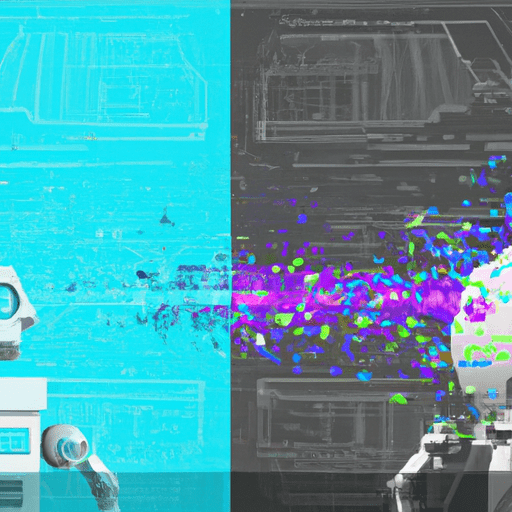AI-Generated Content: A Double-Edged Sword for Search Ranking
Can AI-generated content impact my search ranking?
Can AI-generated content hurt my search ranking?
AI-generated content has revolutionized the way marketers create content. With the ability to produce high-quality articles in record time, AI seems like a dream come true. But what about its impact on search ranking? Will the convenience of AI come at the expense of your search ranking? In this article, we’ll discuss the possibilities and limitations of AI-generated content and provide tips on how to leverage it effectively.
Google has made it clear that AI-generated content has no direct impact on search ranking. As long as your content is helpful, original, and relevant, it will receive the green light from Google. The search engine giant is concerned with the quality of the content itself, rather than how it is produced. However, AI-generated content may not check all the boxes of Google’s E-A-T framework, which focuses on expertise, authority, and trustworthiness.
Authenticity plays a crucial role in the value of content. AI-generated content lacks the personal touch and genuine perspective that comes with human-created content. As the internet becomes flooded with AI-written articles, the real challenge is to stand out from the masses and provide unique insights and perspectives that AI cannot replicate.
The Limitations of AI-Generated Content
While AI can expedite the content creation process and provide some SEO benefits, it is not a flawless technology. AI models often struggle to discern the accuracy and reliability of the information they gather from the web. This can lead to the inclusion of outdated or biased data in the generated content. Google prioritizes articles with the most current and relevant information, potentially impacting the search ranking of AI-generated articles.
Duplicate content is another issue with AI-generated content. If multiple marketers use the same AI model to generate content, it can result in a flood of unoriginal articles on the web. Google may interpret this as a lack of expertise or authenticity, which can negatively affect search rankings.
It’s important to note that AI-generated content is not inherently bad. If readers find value in an article and derive insights from it, they may not care whether it was written by AI or a human. However, to compete effectively in search rankings, it is essential to combine AI-generated content with human expertise and perspective.
Tips for Using AI-Generated Content
1. Be transparent: Building trust with your audience is crucial. Let them know that AI is part of your content creation process. Transparency can help maintain a genuine connection with your audience.
2. Lean into thought leadership: While AI can provide a quick fix for content creation, it is not a sustainable means to champion your brand’s story or build genuine customer relationships. Focus on creating human-centric, authentic thought leadership content such as podcasts, webinars, and videos.
3. Keep an eye on newly automated processes: Tools like ChatGPT and HubSpot’s Campaign Assistant can automate and streamline parts of the content creation process. However, human oversight is still necessary to ensure the quality and relevance of the content. Experiment with generative AI, but make sure human experts review the output.
Closing Summary
AI-generated content can be a powerful tool for marketers, speeding up the content creation process and providing valuable insights. However, it is important to understand the limitations of AI and its potential impact on search rankings. While Google does not penalize AI-generated content directly, standing out in a sea of AI-written articles requires a combination of AI and human expertise. By leveraging AI in a transparent manner, focusing on thought leadership, and maintaining human oversight, marketers can excel in the evolving SEO landscape and remain competitive in search rankings.

